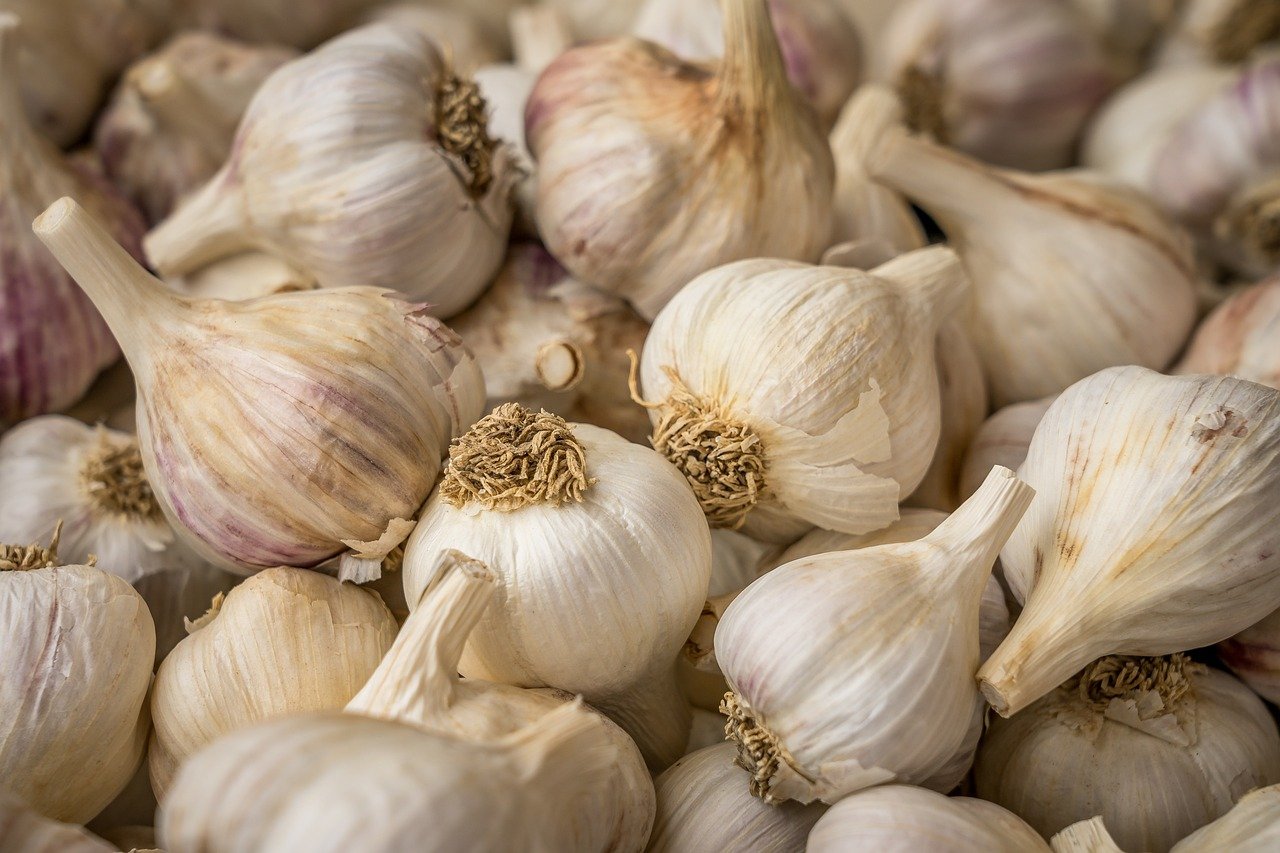The Role of Food Tech Startups in Shaping the Industry
The landscape of food tech startups has experienced a rapid transformation in recent years. These innovative ventures have leveraged technology to disrupt traditional food systems, offering solutions that cater to evolving consumer demands and preferences. From meal delivery services to sustainable food production methods, startups in the food tech sector are paving the way for a more efficient, sustainable, and consumer-centric food industry.
One key factor fueling the growth of food tech startups is the increasing consumer interest in healthy, convenient, and ethically-sourced food options. Startups are capitalizing on this trend by introducing products and services that not only meet these demands but also offer unique value propositions. By tapping into emerging technologies such as artificial intelligence, blockchain, and data analytics, food tech startups are streamlining processes, reducing waste, and creating a more transparent food supply chain.
Innovations in Food Production
In recent years, the landscape of food production has been significantly transformed with the integration of technological innovations. Advanced machinery and automation have revolutionized the way food is grown, harvested, and processed. These innovations have not only increased the efficiency of food production but have also allowed for more sustainable farming practices.
Furthermore, the introduction of precision agriculture techniques has enabled farmers to optimize their crop yields while minimizing resources. Through the use of drones, sensors, and data analytics, farmers can now monitor and manage their crops with precision and accuracy. This not only results in higher productivity but also reduces the environmental impact of traditional farming methods.
Enhancing Food Safety through Technology
Food safety has always been a top priority for the food industry. With advancements in technology, ensuring the safety of food products has become more efficient and effective. From blockchain systems that track food products throughout the supply chain to sensors that detect contaminants in real-time, technology has revolutionized the way we approach food safety.
One notable innovation in enhancing food safety is the use of food safety management software. This technology allows food companies to streamline their inspection processes, track compliance with regulations, and quickly respond to any potential issues. By digitizing and automating these tasks, companies can reduce human error and improve the overall safety of their products.
• Food safety management software helps streamline inspection processes
• Allows companies to track compliance with regulations more efficiently
• Enables quick response to potential issues
• Reduces human error in food safety tasks
How can technology help enhance food safety?
Technology can help enhance food safety by providing tools for tracking and monitoring food production processes, detecting contaminants in food, and ensuring proper storage and handling procedures are followed.
What are some examples of innovations in food production?
Innovations in food production include the use of blockchain technology for supply chain transparency, the development of rapid testing methods for food safety, and the implementation of automation and robotics in food processing facilities.
How do food tech startups contribute to the evolution of the food industry?
Food tech startups contribute to the evolution of the food industry by introducing new technologies and solutions that address key challenges such as food safety, sustainability, and efficiency in food production and distribution.
What role do government regulations play in ensuring food safety?
Government regulations play a crucial role in ensuring food safety by setting standards and requirements for food production, processing, and distribution. Compliance with these regulations helps to minimize the risk of foodborne illnesses and contamination.







